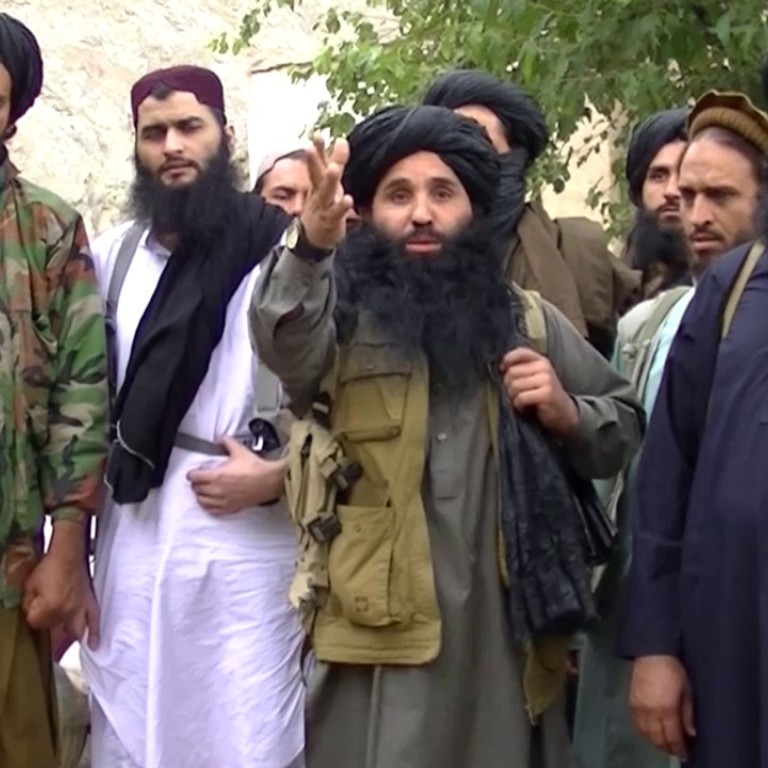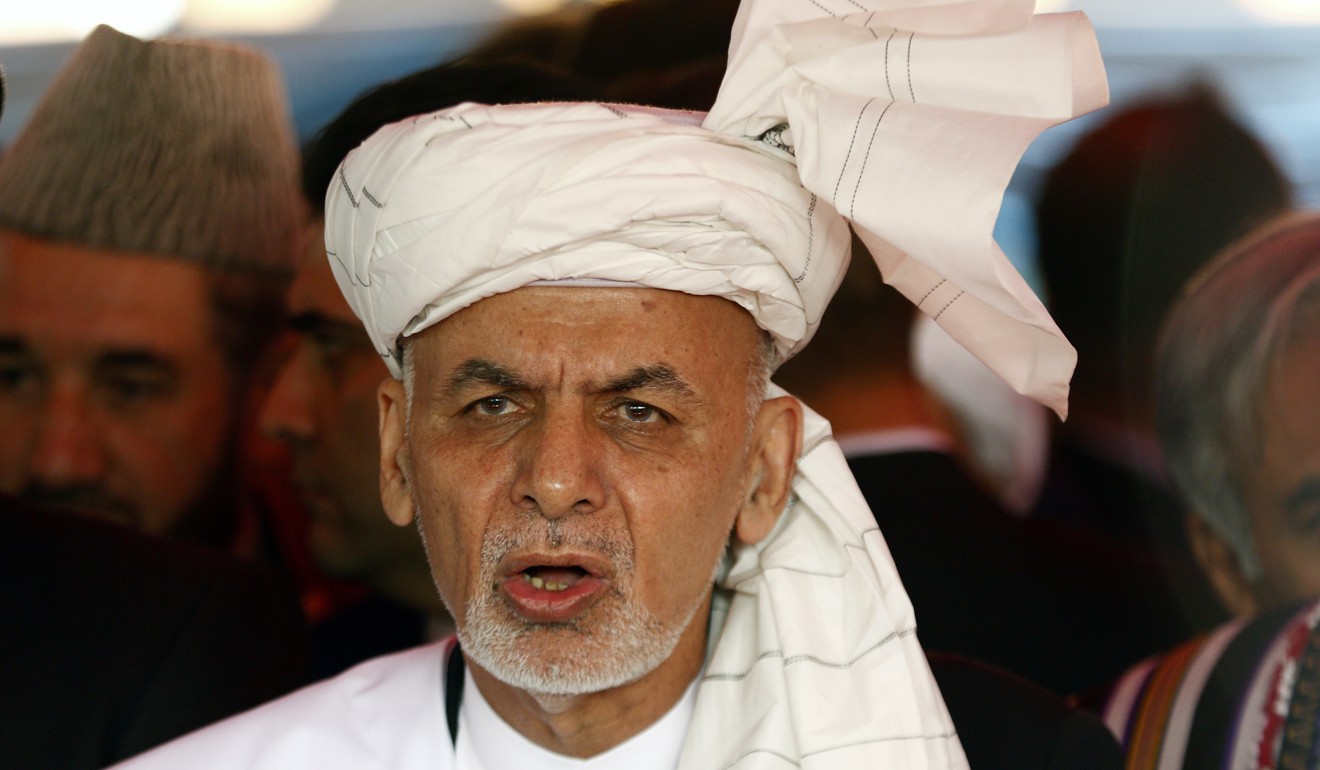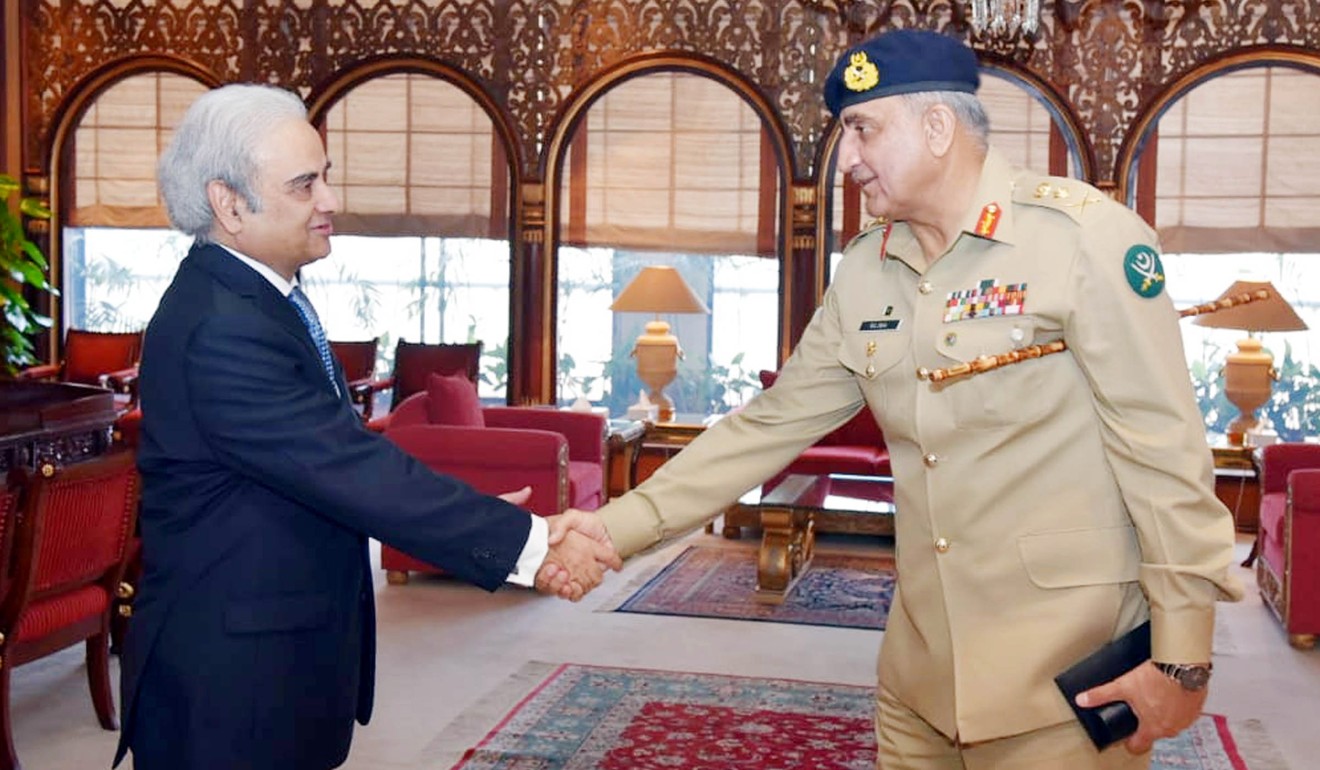
Killing of Pakistani Taliban chief ‘significant’, prime minister says
Fazlullah was notorious for ordering the assassination of Nobel Peace Prize winner Malala Yousafzai
Pakistan’s caretaker Prime Minister Nasir-ul-Mulk described the killing of Pakistani Taliban chief Mullah Fazlullah in a US drone strike in Afghanistan as a “significant development in the fight against terrorism”.
Mulk made the comment in a telephone conversation on Friday night with Afghan President Ashraf Ghani and thanked him for sharing information about Fazlullah’s killing, said a Pakistan government statement.
The call was made by Ghani, who tweeted that Fazlullah’s killing was “the result of tireless human intel by Afghan security agencies”.
A US official said Washington believes the strike probably killed Fazlullah, but his death hadn’t been confirmed. The official spoke on condition of anonymity.
Thursday’s drone strike, which reportedly killed Fazlullah and five other insurgents when missiles slammed into the car, came just hours before Afghanistan’s Taliban began a three-day ceasefire.
The ceasefire, which took effect at midnight on Thursday, marked the Islamic holiday of Eid al-Fitr, which follows the Muslim holy month of Ramadan. The Afghan Taliban announced their ceasefire after Ghani unilaterally declared a temporary ceasefire for the holiday on June 7.

In Afghanistan’s eastern Logar provincial capital of Pul-e-Alam, dozens of unarmed Taliban celebrated the Eid holiday, several greeting Afghan security forces, provincial police chief spokesman Shahpur Ahmadzai said on Saturday.
“We didn’t allow them to enter the city with their weapons,” said Ahmadzai, adding at least 80 Taliban entered the city in the last two days to visit their families.
Associated Press spoke to Abdullah Faizani, a Taliban fighter from Logar’s Baraki district, who said it had been seven years since he had been to the provincial capital. He said he and 32 friends were in the capital on their motorcycles, many of them festooned with Afghan flags.
“I am so happy for the ceasefire and it is sad when every day Afghans are killing each other,” said Faizani, adding that 15 of his friends died in battles with Afghan security forces in one year. They were all Taliban.

Although he wants an extended ceasefire, he said he would not lay down his weapons permanently until “all the foreign troops leave Afghanistan”.
Atta-ul-Rahman Salim, deputy head of Afghanistan’s High Peace Council, said Taliban fighters from across the country were reportedly entering government controlled areas to visit their families “and they were being welcomed by government security forces”.
In his conversation with Ghani, Mulk said Fazlullah’s death would be received throughout Pakistan with relief as Pakistanis had borne the brunt of terrorist attacks by the Tehrik-e-Taliban Pakistan, which Fazlullah headed.

